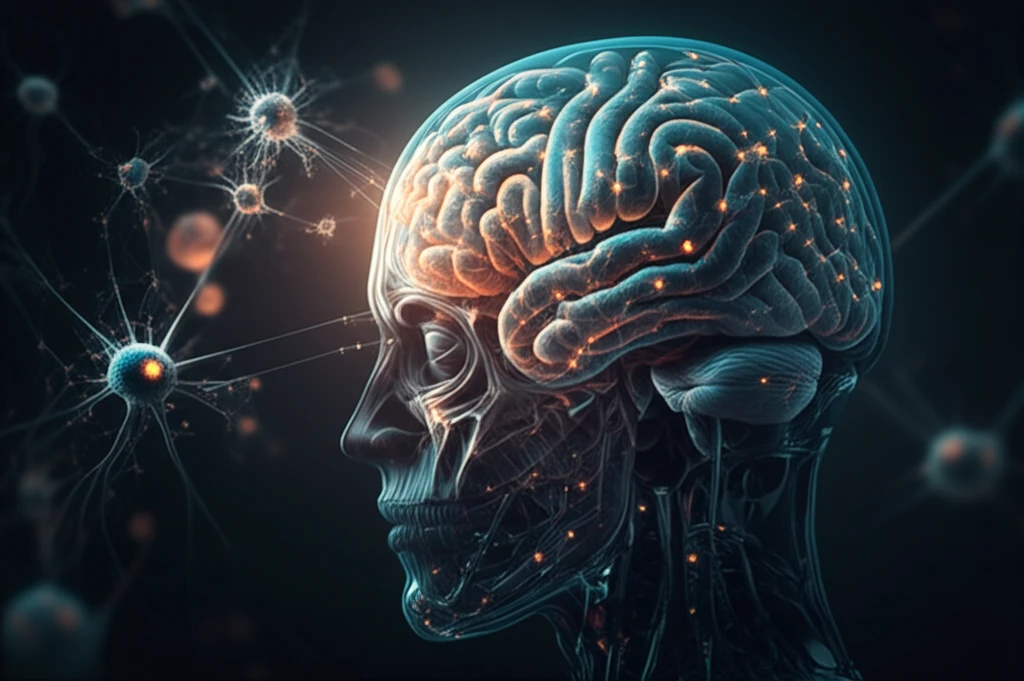
AI in Radiation Oncology: Revolutionizing Cancer Treatment
"Explore how Artificial Intelligence is transforming radiation oncology, improving accuracy, efficiency, and patient outcomes in cancer care."
Artificial Intelligence (AI) is rapidly emerging as a transformative force across various sectors, and healthcare is no exception. Within the realm of medicine, AI's ability to analyze, interpret, and leverage complex data is proving invaluable, particularly in areas like medical imaging. This is profoundly impacting radiation oncology, a field heavily reliant on multi-modal imaging for nearly every aspect of patient care.
Radiation oncology leverages imaging for clinical decision-making, treatment planning, post-treatment follow-up, and quality assessment. The integration of AI, especially through machine learning and deep learning approaches, promises to enhance the precision and effectiveness of these processes. This article explores the current applications of AI in radiation oncology imaging and considers the future advancements that could redefine cancer treatment.
The scope includes understanding how AI enhances image analysis for better diagnoses, more accurate treatment plans, and improved monitoring of treatment response. By streamlining workflows and reducing variability, AI aims to optimize resource utilization, ultimately leading to better patient outcomes and a higher quality of care.
How AI is Changing Radiation Oncology Imaging

One of the most significant applications of AI in radiation oncology is extracting detailed characteristics from medical imaging data, a process known as “radiomics.” This involves using AI algorithms to identify and quantify features in images that may not be apparent to the human eye. These features can then be correlated with clinical outcomes, providing valuable insights for personalized treatment strategies.
- Enhanced Diagnostics: AI algorithms can detect subtle changes in medical images, aiding in earlier and more accurate diagnoses.
- Personalized Treatment Plans: Radiomic signatures can help predict a patient's response to treatment, allowing for tailored treatment plans.
- Improved Monitoring: AI can track changes in tumors during treatment, enabling timely adjustments to the treatment plan.
Looking Ahead: The Future of AI in Oncology
The successful integration of AI in radiation oncology will depend on collaboration, data sharing, and a commitment to maintaining patient safety. Despite the current limitations, the potential of AI to revolutionize cancer treatment is immense. By embracing these advancements thoughtfully, the medical community can unlock new possibilities for improving patient outcomes and transforming the fight against cancer. The future holds promise for AI to become an indispensable tool in the ongoing effort to provide personalized, effective, and safe cancer care.
